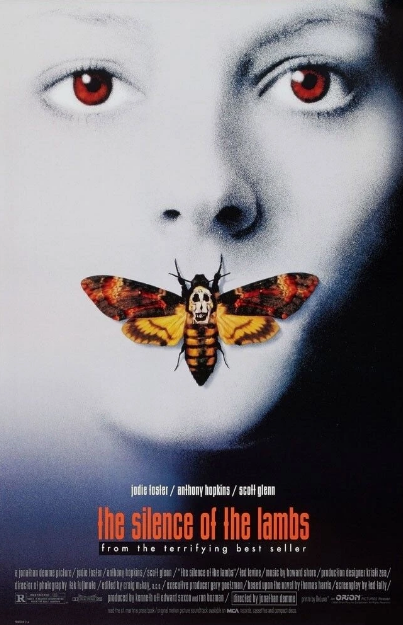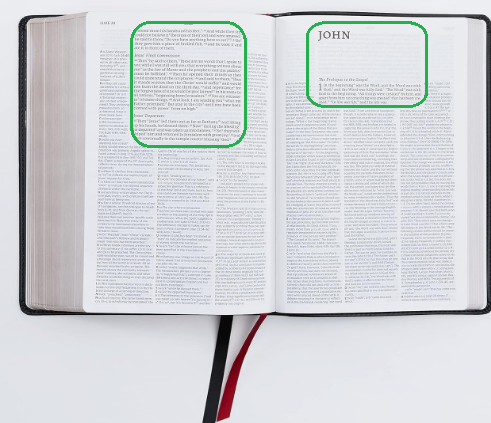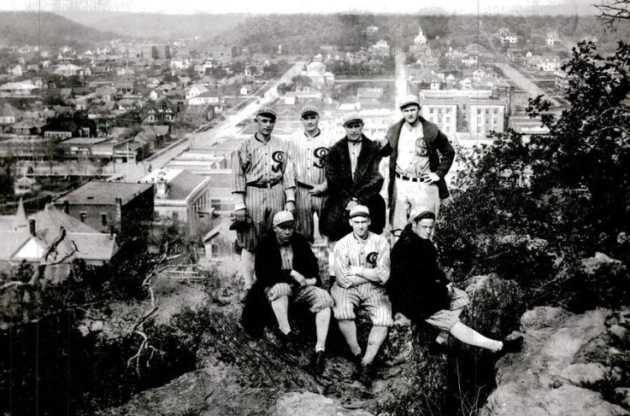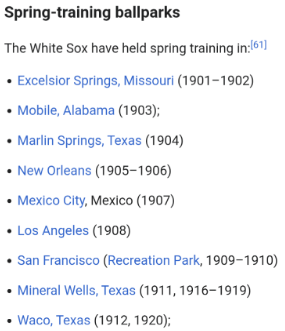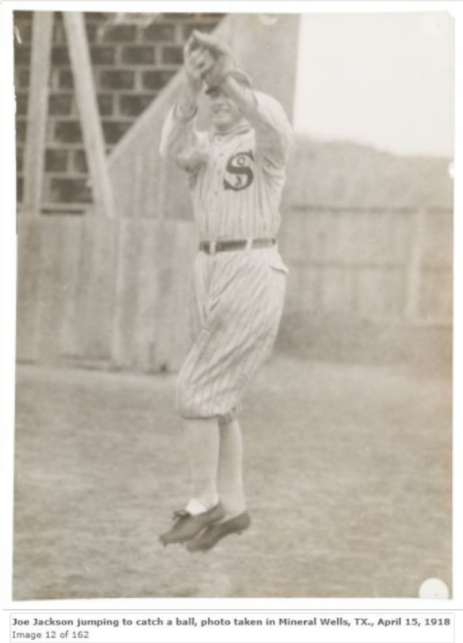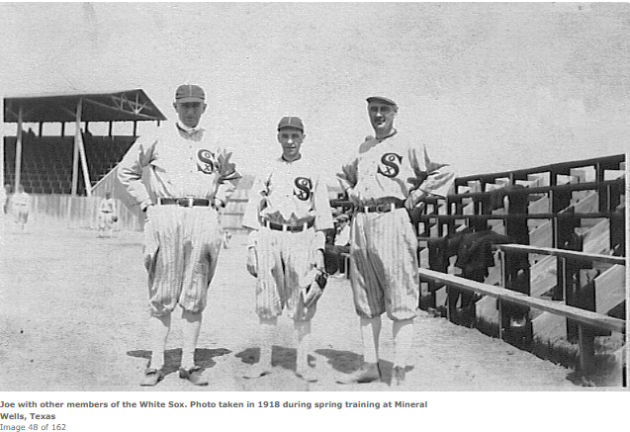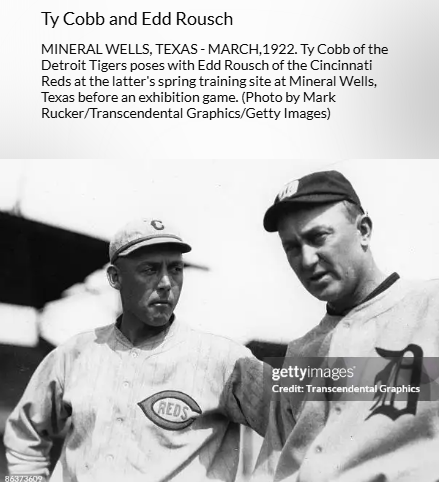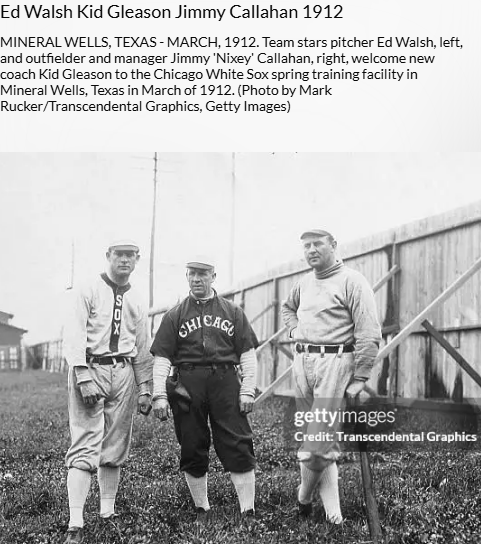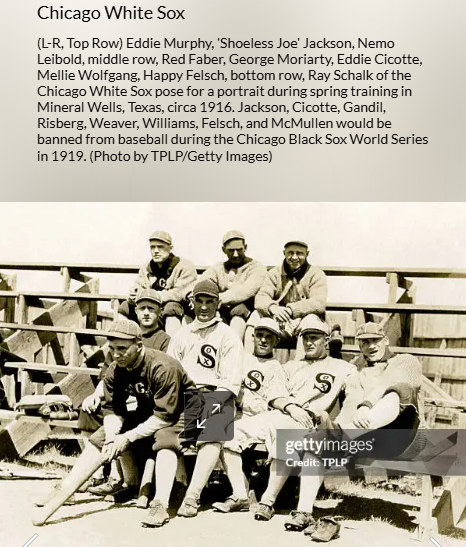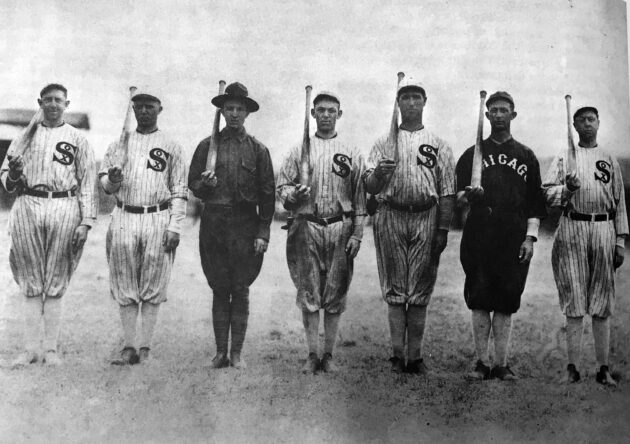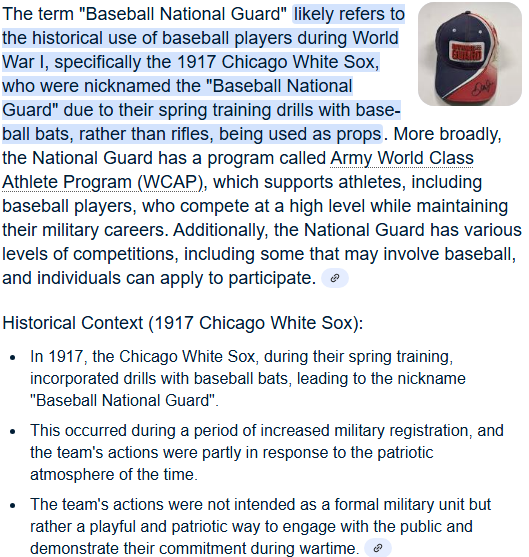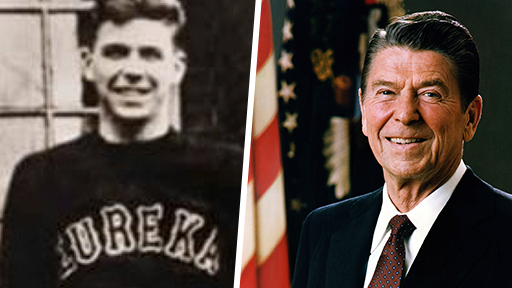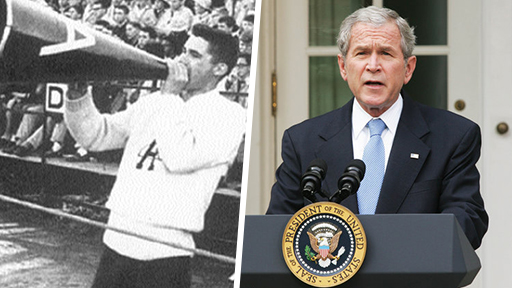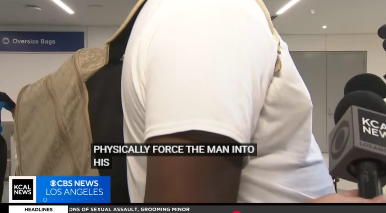I ran across something the other day that encouraged me to watch the 1986 movie Manhunter. It amused me while watching to realize it was one of the prequels to The Silence of the Lambs. Brian Cox, who is probably most famous for being the lead in HBO’s Succession, portrayed Dr. Hannibal Lecktor. And in case you were wondering, in that film, for whatever reason, Lecktor is spelled with a “K”.
I watched it on Amazon Prime. When the film was over, I just let the credits roll and got preoccupied online with something. To my surprise, Red Dragon from 2002 started to play. I wasn’t familiar with it, but noticed it was eerily similar to Manhunter. Well, that’s because after the success of The Silence of the Lambs, the studio decided to remake Manhunter with Anthony Hopkins reprising Hannibal Lecter. The title was chosen as it was the same one used as the book the film is based on. This time, Ed Norton played Agent Will Graham instead of the dude from CBS’s CSI. This film had a different approach to horror. It was less psychological and relied more on gore. There’s one scene with Ray Liotta that will “stick in my mind.” Phillip Seymore Hoffman also had a strong performance. Of course, it wasn’t as good as Lambs, but I was still highly entertained and appreciated seeing what else Hopkins could do with the iconic character. The film helped me realize something I didn’t catch from Lambs. Lecter used to help the FBI for years, tricking them into thinking he was a good guy.
At that point, I figured after watching those, I might as well rewatch The Silence of the Lambs since I was now very well versed with the backstory. And, like I do with every movie, I had to check out the trivia section on IMDB for all those films. Fun fact, in the iconic movie poster, what you think is a skull on the moth is really seven naked women mimicking a Salvador Dali artpiece (bare breast warning).
Here’s another one: The Silence of the Lambs won the “Big Five” Academy Awards at the 64th Academy Awards in 1992, a feat accomplished by only two other films in history: It Happened One Night (1934) and One Flew Over the Cuckoo’s Nest (1975). The film won for Best Picture, Best Director (Jonathan Demme), Best Actor (Anthony Hopkins), Best Actress (Jodie Foster), and Best Adapted Screenplay (Ted Tally).
After that rewatch, I figured I might as well watch the sequel, Hannibal from 2001, to wrap up the movie franchise. Jodi Foster didn’t want to reprise her role as Clarice Starling for various reasons, so Juliane Moore did her best to fill in those big shoes. Gary Oldman contributed in a very unrecognizable role.
At this point, there was only one film left in the Hannibal Lecter franchise, 2007’s Hannible Rising. As you can guess from the title, it’s about how a young Hannibal Lecter became the monster he was, so no Anthony Hopkins. Good, not great, but it was nice to get a back story. Sadly, Gaspard Ulliel, the actor who played the young adult Lecter, died in 2022 in a skiiing accident.
Well, all that’s left to watch is the NBC series Hannible. It lasted three seasons, and there are 39 total episodes. It explores the relationship between Hannibal and Agent Will Graham in a unique way, before he was exposed as a serial killer, with storylines that intersect with and expand upon the events of the novels. For a show on NBC, it is surprisingly graphic and gory. Mads Mikkelsen plays Lecter, and Lawrence Fishborn plays the head of the FBI unit. He and the rest of the cast create their own unique version, which I think is a smart move. There’s no reason to try to imitate those Oscar-winning roles. They would never live up to it, so it’s better to make a different variation.
I continue to adjust to the Anglican church. Church members who will have a birthday or anniversary in the week ahead are printed in the bulletin or order of worship. After the homily (a short sermon compared to what I’m used to), they are asked to come to the altar for an individual blessing. Well, that was a first for me. Of course, I’m familiar with “a blessing” from what I’ve seen on TV and film, but not in the Anglican or Catholic way. It was “interesting” to have someone do the sign of the cross on my forehead, I think with either holy water or anointing oil. Just something different. And, I guess if I were looking for something different to do for my 50th, receiving my first birthday blessing would be unique. It’s nothing like climbing my first mountain on like I did on my fortieth, but it’s still something. When I walked into Sunday school, the whole class stopped what they were doing and sang me Happy Birthday. It was a good way to start my birthday week. Hopefully, I can find a job this week and won’t have to experience my birthday as an unemployed man going through a midlife crisis.
When I was part of the Baptist, Bible, and Presbyterian churches, people often brought their Bibles. Less so during my Presbyterian days, because of technology, I assume. But in the Episcopal church, it’s very rare for anyone to bring their own Bible. They either use what’s printed in the order of worship or what’s in the pews. In Sunday school, there’s a stack of them, and they are passed out. The priest teaching the class also spent his formative years in the Baptist church, and we both kind of laughed at how out of place we felt when we brought a Bible, and felt that we had to leave it at home. I don’t want to imply anyone was pointing out someone bringing a Bible; it was just us who felt out of place.
Well, the priest has a PhD in biblical languages, and he works full-time in Bible translation. He asked that we bring our Bibles as we go through this new series that’s focused on Luke, but he also wants to take the time to teach and discuss various translations. I’m familiar with most, as I once taught a Sunday school class many moons ago about what the difference is between the King James Version (KJV), the New International Version (NIV), the English Standard Version (ESV), the New Living Translation (NLT), and a few others. He showed us his version of the NET Bible. I was aware of that Bible from a friend in seminary about 20 years ago, but I thought it only existed online, as it’s full of translators’ notes. The priest informed us that it was intended to be an online only Bible, but many people pushed for a physical version. How full of notes is the NET Bible? Here’s an example. The green squares you see below contain Scripture; everything else you see is translators’ notes. Talk about lost in translation!
I thought this was a joke or an article posted on April 1st, but no. It’s almost heartbreaking for his fans.
John Williams finally admits he “never liked film music much” – The 93-year-old composer, who penned the themes to Star Wars, Jaws, and Harry Potter, doesn’t think much of film music.
Just ask 93-year-old John Williams, widely considered the greatest composer of film scores who ever lived, and who admits in a new biography, “I never liked film music very much.” Imagine how good the score to Harry Potter or Schindler’s List would be if he did. “Film music, however good it can be—and it usually isn’t, other than an eight-minute stretch here and there,” the five-time Oscar-winning composer of the theme to Jaws continues. “I just think the music isn’t there.”
Per The Guardian, biographer Tim Greiving, whose John Williams: A Composer’s Life will be published in September, was shocked to find out that Williams considered his life’s work “just a job.” However, he tempers that by saying we shouldn’t take Williams’ words at face value. Williams, he says, took the job of composing film music “as seriously as anyone in history ever has.”

